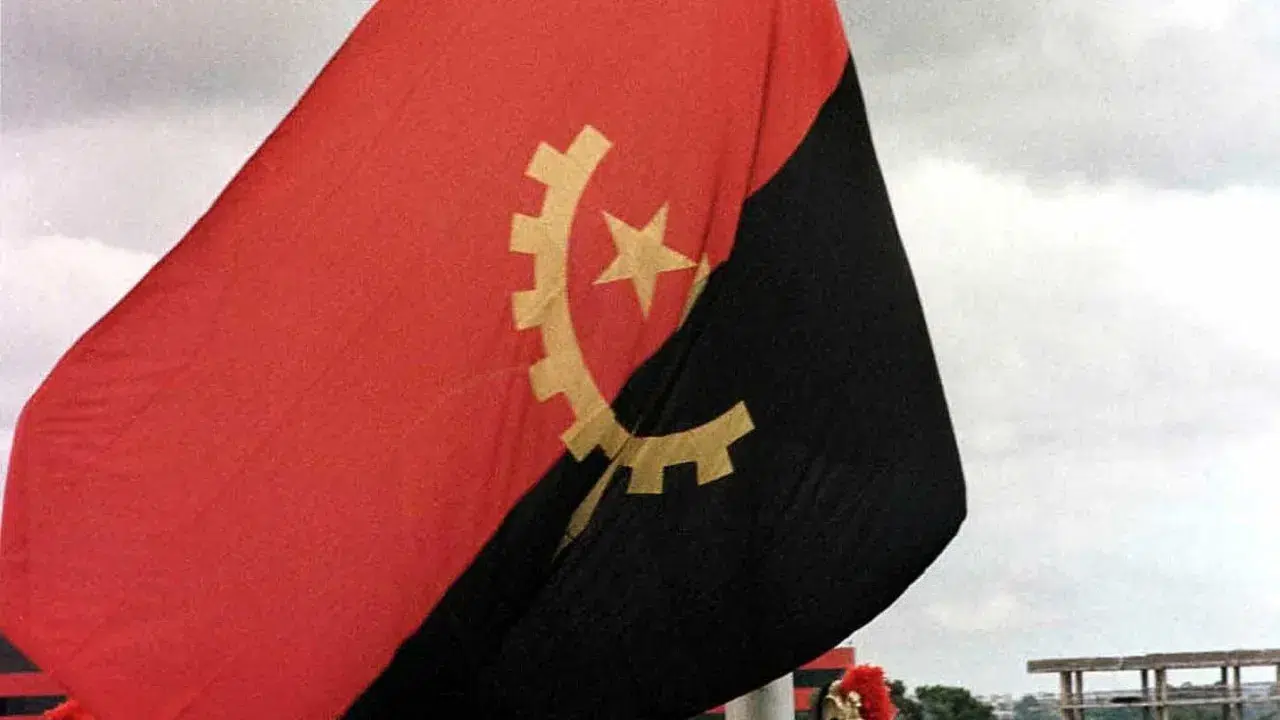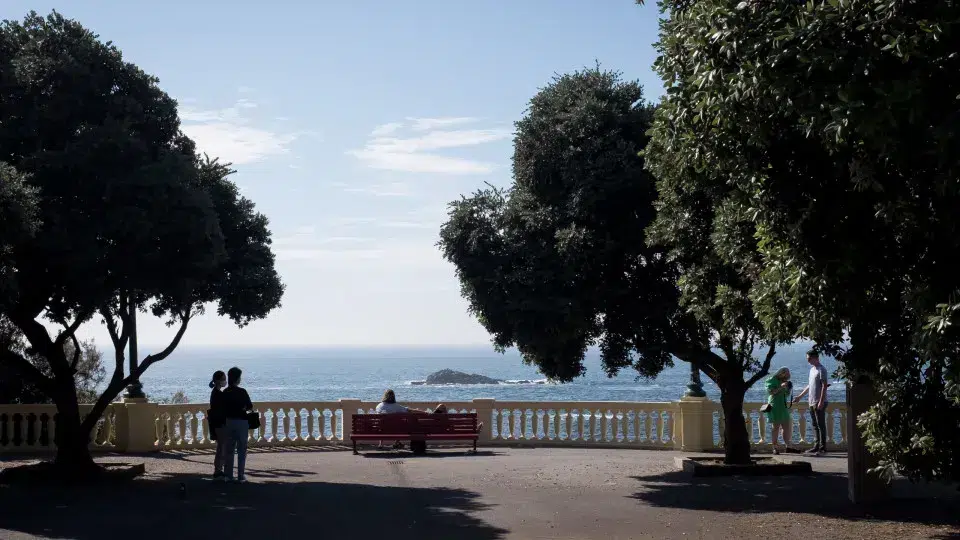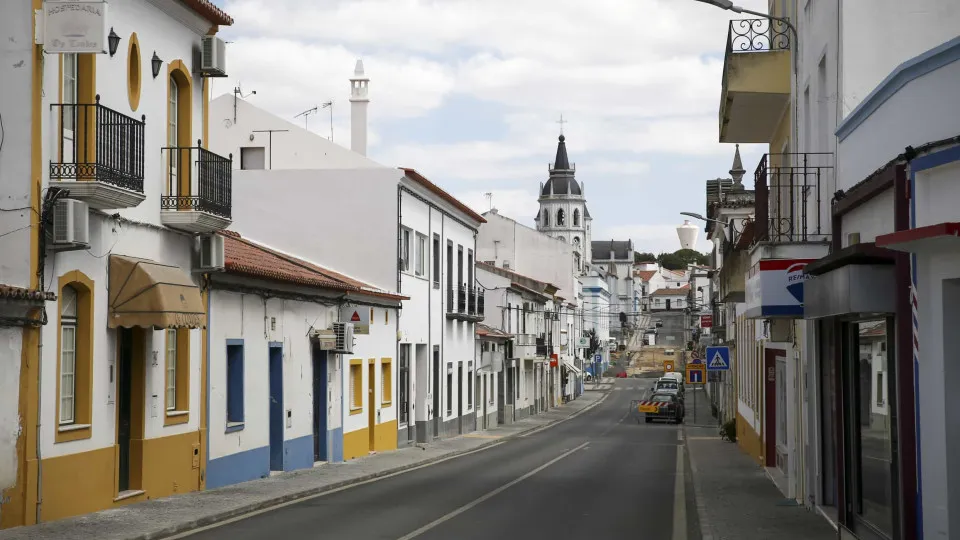
António Manuel Cabral spoke to journalists during a visit by a delegation of European Union ambassadors to the Lobito Corridor. The visit involved a seven-hour journey along a 200-kilometer stretch between Huambo and Bié, two of the five Angolan provinces traversed by the rail infrastructure.
In the Chinguar municipality, the ambassadors met with young farmers who are beneficiaries of the Commercial Agriculture Development Project, funded by the European Union and the French Development Agency. The farmers explained how access to bank financing allowed them to increase production, while highlighting the need for improvements in distribution.
During the meeting, the CFB president announced the creation of the “Camacove” train, reviving the name of the former colonial freight train, equipped for small cargo transport.
“This is what the railway can do to help small producers transport their production along the entire Lobito Corridor,” he stated.
Currently, two distinct entities operate within this infrastructure: the public company CFB, responsible for social transport — passengers and cargoes up to five tons — and the private consortium Lobito Atlantic Railway (LAR), tasked with transporting large goods, mainly minerals, and the operation of the railway line.
LAR is an international consortium including Trafigura (Switzerland), Mota-Engil (Portugal), and Vecturis (Belgium), responsible for the exploitation and maintenance of the railway infrastructure under a 30-year concession.
Antonio Cabral told Lusa that from September, the new train will run between Huambo and Lobito, on Angola’s Atlantic coast, with another passenger and light cargo train already operating between Huambo and Luau, near the eastern border with the Democratic Republic of the Congo (DRC).
The Lobito Corridor, spanning over 1,300 kilometers, connects the Lobito port in the Benguela province to eastern Angola and the DRC, serving as a strategic infrastructure for the export of minerals and goods in the Central African regional axis.
Antonio Cabral emphasized that the prices set by CFB are “social,” aiming to ensure transportation access for local populations and rural producers.
“CFB transports about one million passengers each year and used to move around 300,000 tons per year. Now we are repositioning for small loads since we have dissociated from large volumes,” he noted.
He highlighted the main services, including an express passenger train between Lobito and Luena, with stops in Huambo and Cuito, and the Lobito-Benguela route, which transports about 3,000 people daily, with tickets costing 100 kwanzas (approximately $0.10).
The EU Delegation in Angola organized the visit in Bié and Huambo provinces to showcase projects funded by the EU and bolster interest in the Lobito Corridor.
At the start of the visit from Huambo city, the EU ambassador to Angola, Rosário Bento Pais, noted that this is the first in a series of trips to all provinces along the Lobito Corridor — Benguela, Huambo, Bié, Moxico, and Moxico East — emphasizing that European investments go well beyond infrastructures.
“The European Union invests in areas beyond infrastructures,” she stated, highlighting economic diversification, education, and good governance as priorities until 2027.
“May this corridor be a good example and support the development of others [in Africa],” she added.
The Secretary of State for Transport, Jorge Bengue, took the opportunity to call for European investment:
“Let more investors come to Africa to discover how good it is to do business here.”




